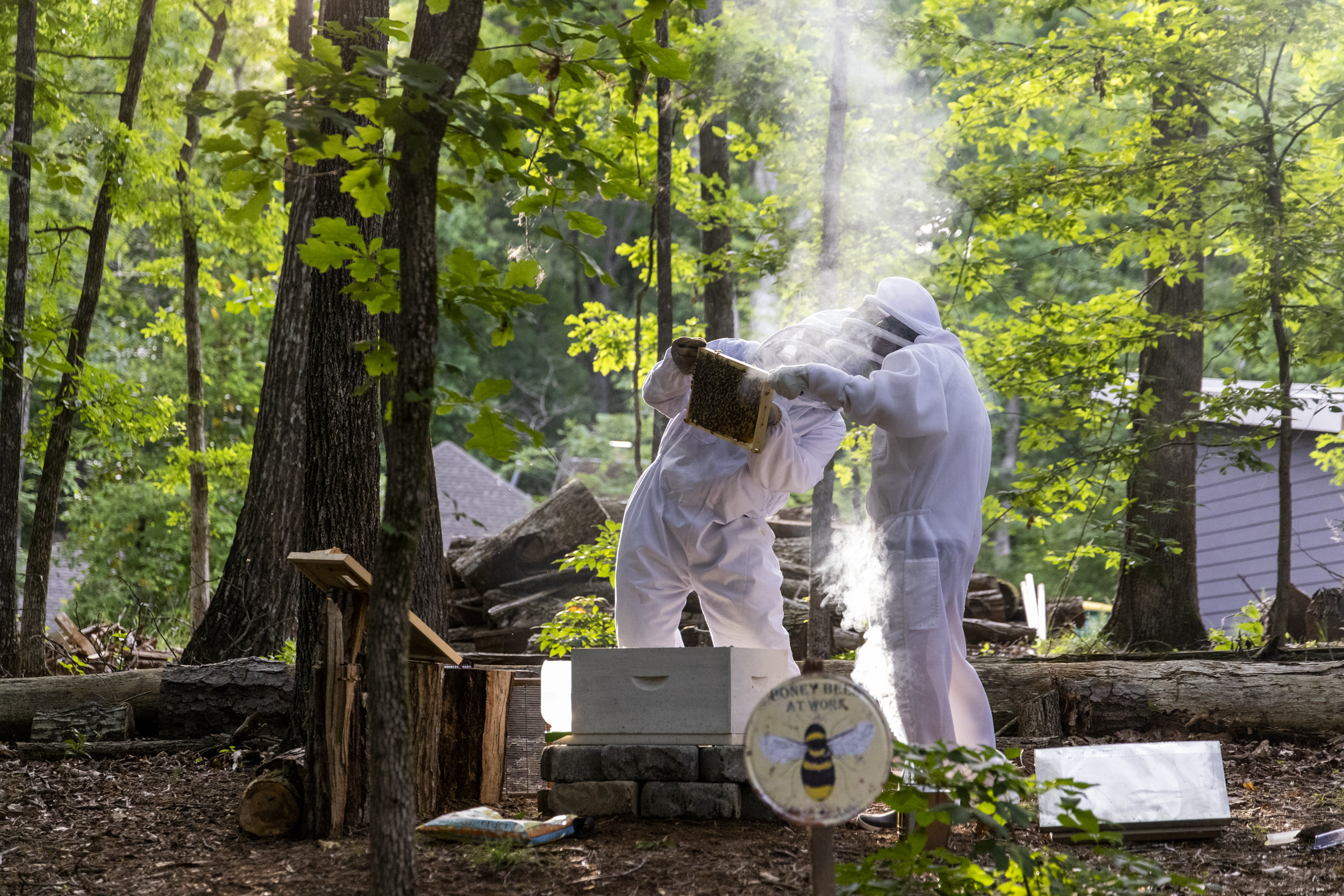UGA Pecan Breeding Method
Potential new cultivars are selected on the basis of large nut size, good cracking and shelling characteristics, early nut maturity, light colored kernels, and a cluster size small enough to ensure adequate filling. Resistance or tolerance to major insect and disease pests, especially pecan scab, are also major goals.
On This Website ...
- information for both commercial growers and home pecan growers
- list of recommended cultivars
- alphabetized list of all tested cultivars (with photographs and descriptions)
- papers and publications dealing with the latest discoveries in pecan breeding, as well as valuable archived information
Program Coordinator
 Patrick J. Conner
Patrick J. Conner
Patrick J. Conner
Professor & Tifton REI Coordinator; Emphasis: Pecan & muscadine breeding
Horticulture
Institute of Plant Breeding, Genetics and Genomics (IPBGG)
Ag News
Visit the Blog
CAES Field Report
 CAES Field Report
CAES Field Report
 CAES Field Report
CAES Field Report

Posted by Emily Cabrera on Jan 16, 2026
A beginner’s guide to successful beekeeping

Posted by Brandon Ward on Jan 15, 2026
Ruter, Yan named National Academy of Inventors Fellows

Posted by David Mitchell on Jan 14, 2026
UGA sets another record with $654M in R&D expenditures in FY25

